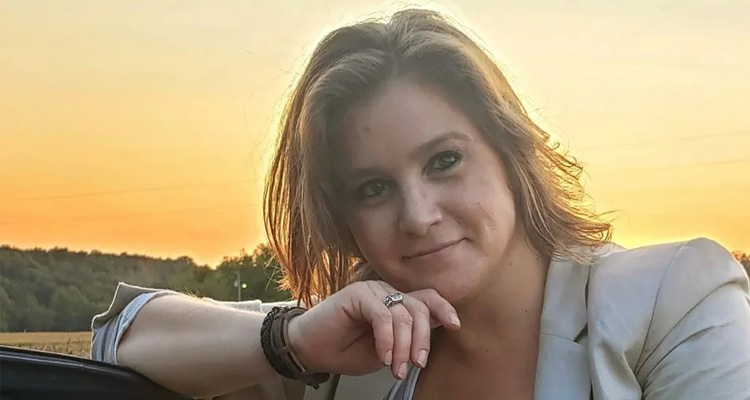Recent student protests can be instructive – Marin Independent Journal

A group of pro-Palestinian protesters gathered at Portland State University in Portland, Ore., on Monday, April 29, 2024, to support a ceasefire in the war between Israel and Hamas. (Beth Nakamura/The Oregonian via AP)
There have been numerous student protests related to the Gaza war. From Dartmouth in the far northeast to UCLA, there have been demonstrations, occupations, and demands. University presidents have been in the hot seat and political pundits have speculated about the impact on our next election.
As educators and parents, we can help our youth learn from what is happening. We have a responsibility to develop them into adults who can effectively contribute to improving our system of governance. The protests surrounding the war in Gaza and its aftermath are an excellent teaching tool for social studies teachers and informed parents.
Some of the complex components stand out.
To understand the protests, we must examine the various actors. Protesters are not united in their goals. Some are concerned primarily with the cost to the people of Gaza, oppose Israel’s role, and oppose our support of Israel. Some protesters support Israel but oppose the militancy instigated by President Benjamin Netanyahu. Some are anti-Israel and some are anti-Semitic. Some support militant Zionism. And some non-student participants seek to create chaos for political reasons. “Student protests” is a general description that ignores these differences.
When talking to young people about this, we should include news reports about the different protests. Include some newspaper columns with different viewpoints. Ask them to write a short description of the different groups involved in the protests.
A more important aspect for them to examine and discuss is whether the protests are effective means of bringing about change. What are their strategies and goals? Are they clear? History teachers might find it valuable to have students examine how the protests against the Vietnam War affected our withdrawal. Comparing those protests to current ones can be insightful.
The response of various university presidents could also be studied. University presidents often come from academic departments. Some have held other administrative positions at the university or another university. Some come from management positions in companies. Few have training in leadership skills, including building working relationships with faculty and students and conflict management, which is critical.
There are numerous articles online about the reactions of various university presidents. A Google search will provide teachers and parents with plenty of material to share and discuss with young people.
Questions for youth might include: (a) When is violence justified? (b) What are the best alternatives to violence? (c) What motivates leaders to use violence? Teachers and parents should be aware that conflict resolution experts generally advise university leaders to meet with student leaders and avoid violence whenever possible.
Another variable is the role of student leadership. This makes a difference. You may remember the protests that followed the school shooting in Parkland, Florida. Two of the leaders, David Hogg and Emma Gonzalez, articulate and intelligent voices of the student movement, used the media effectively and made the cover of Time magazine. They and other Stoneman Douglas students founded a gun control movement, March for Our Lives, which continues to work to pass laws to prevent gun violence. The existence of a politically effective central coordinating committee was critical. Have students compare this to the current protests and lack of central leadership.
Students will find the leaders interesting and inspiring. They can also look at the qualities that made them successful leaders, including excellent public speaking, effective use of mass media, and building coalitions with other gun control advocacy groups. They can discuss what they think current protesters could learn from them.
While there is no easy answer to the crisis and the protests, they are part of an important historical event and represent a very instructive moment.
Mark Phillips of Woodacre is professor emeritus of education at San Francisco State University.



